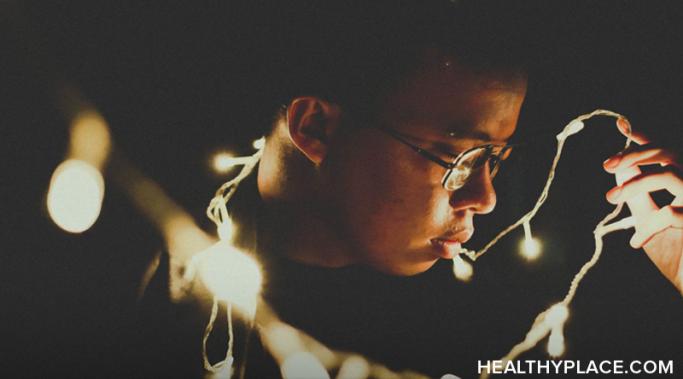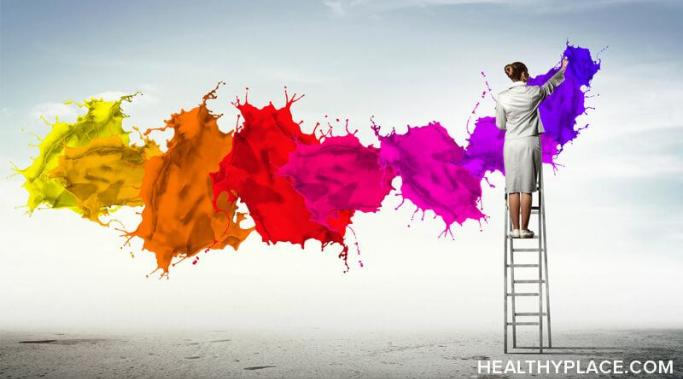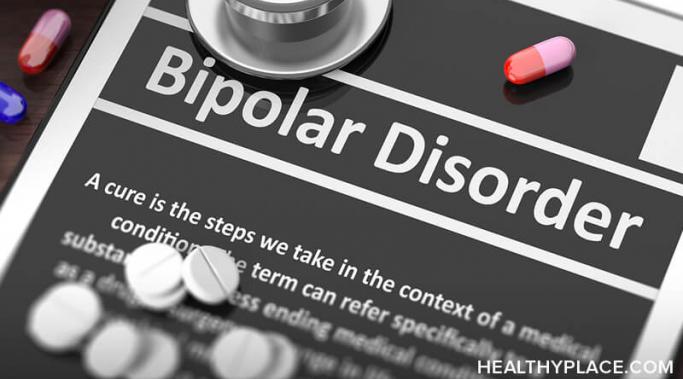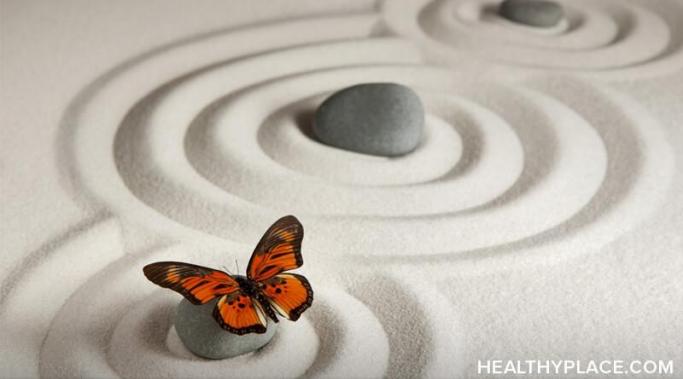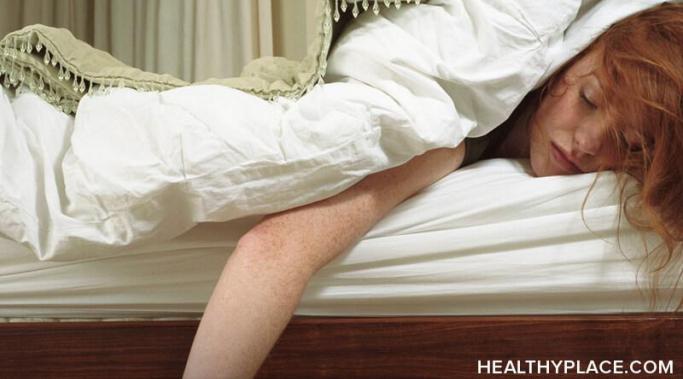It's true that correlation does not equal causation. It's also true that some of the world's most innovative and creative people have been affected by bipolar disorder, from Carrie Fisher to Halsey. Psychologists and scientific researchers have been examining the link between bipolar disorder and creativity for a very long time, and while the subject is not without controversy, examining the correlation between bipolar disorder and creativity may be helpful for folks with the illness working to build a creative professional life for themselves.
Bipolar Disorder – Work and Bipolar or Depression
I think it's a safe bet to say that we are all ready for 2020 to be over, but perhaps not ready to start planning the new year with bipolar disorder. This year threw us a global pandemic, severe economic downturn, mass civil unrest, growing urgency around climate change, and perhaps the most volatile presidential election in US history. Then there were the thousands of personal losses so many of us faced (and are still facing): jobs, income, stability, housing, treasured time spent with family and friends, relationships strained to the breaking point due to political division, and loved ones whose lives were cut short by COVID-19. While the New Year is usually a time of hope and optimism, many folks -- especially those of us with mental health challenges like bipolar disorder -- are finding it hard to look ahead in the face of so much heartache and discouragement. Fortunately, planning for the new year with bipolar disorder doesn't have to take a tremendous amount of effort.
Have you ever been asked to describe where you see yourself in five years during a job interview? Some people find this kind of question tricky to answer (if 2020 taught us anything, it's that a lot can change in one year, let alone five) while others have an entire career blueprint they've been building off of since their first career fair. Whether you're a fresh graduate uncertain of your next steps, transitioning careers later in life, or have been pursuing your calling ever since you were old enough to answer when someone asked what you wanted to be when you grew up, creating a long-term career plan with bipolar disorder comes with a unique set of challenges -- and rewards.
Most people look forward to taking time off work for the holidays (even if the holidays look a little different this year thanks to COVID-19). Folks who live and work with bipolar disorder are no exception. However, the work difficulties that come with bipolar can put a damper on what should be a time to relax and decompress.
As a working-class person with bipolar disorder, I have several limitations and face a lot of barriers to gainful employment. Jobs that require monotonous, repetitive tasks don't provide my brain with enough stimulation to keep me engaged, which can trigger both mania and depression. Part-time jobs with irregular shifts are also out of the running since inconsistent scheduling hurts my sleep-wake cycle (which any psychiatrist will tell you is essential for managing bipolar). And despite the protections afforded to people like me by the Americans with Disabilities Act, employment discrimination against folks with mental illness remains a serious problem. Yet, in spite of all the hurdles to meaningful, profitable work and financial freedom that I face, the truth is that I'm grateful for my limitations from bipolar.
I've always been a hypersensitive person, so it's important that I create a comfortable work environment to thrive with bipolar disorder. For example, I don't process sudden, loud noises very well, and too much background chatter can completely overwhelm me. Fluorescent lighting hurts my eyes, and I can't concentrate if I'm too cold or if my immediate environment isn't colorful and inviting.
I don't do so well with bipolar disorder and seasonal changes, especially moving into fall and winter. Yet, October is one of my favorite months. I love anything and everything to do with Halloween, breaking out my boots that have sat neglected in the closet all summer, and anything with the words "pumpkin spice" on the label. But one thing I don't love is how the seasonal daylight changes affect my mood, which has a direct impact on the way I work while living with bipolar disorder.
Healthy sleep habits are an essential part of bipolar disorder management. They are also some of the most difficult habits to develop. Proper sleep habits are critical for physical and mental health, but the highs and lows that come with bipolar disorder can make it exceptionally difficult to wind down at the end of the day. Unhealthy sleep patterns can lead to a vicious cycle of mood instability that wreaks havoc in every facet of our lives -- work performance not least among them.
We live in a culture that prioritizes productivity and output above connection, rest, and self-care -- all essential components to maintaining mental health. As such, our sense of self-worth is often intimately tied up with our professional and financial lives. When you live with bipolar disorder, and all of the workplace challenges that come with it, that sense of worthiness can plummet into a lurch of suicidal feelings and ideation. I know, because work stress has taken me to those depths. (Note: This post contains a trigger warning.)
We live in a culture with a profoundly unhealthy attitude towards work. Every day, we are fed a message that our worth is directly tied to our productivity and that making room in our lives for rest, play, or tending to our basic needs as humans is frivolous, even selfish. The go-go-go attitude and desire for endless productivity in our workplaces is stressful for even the most neurotypical person, but when you live (and work) with bipolar disorder, the game has even higher stakes.

